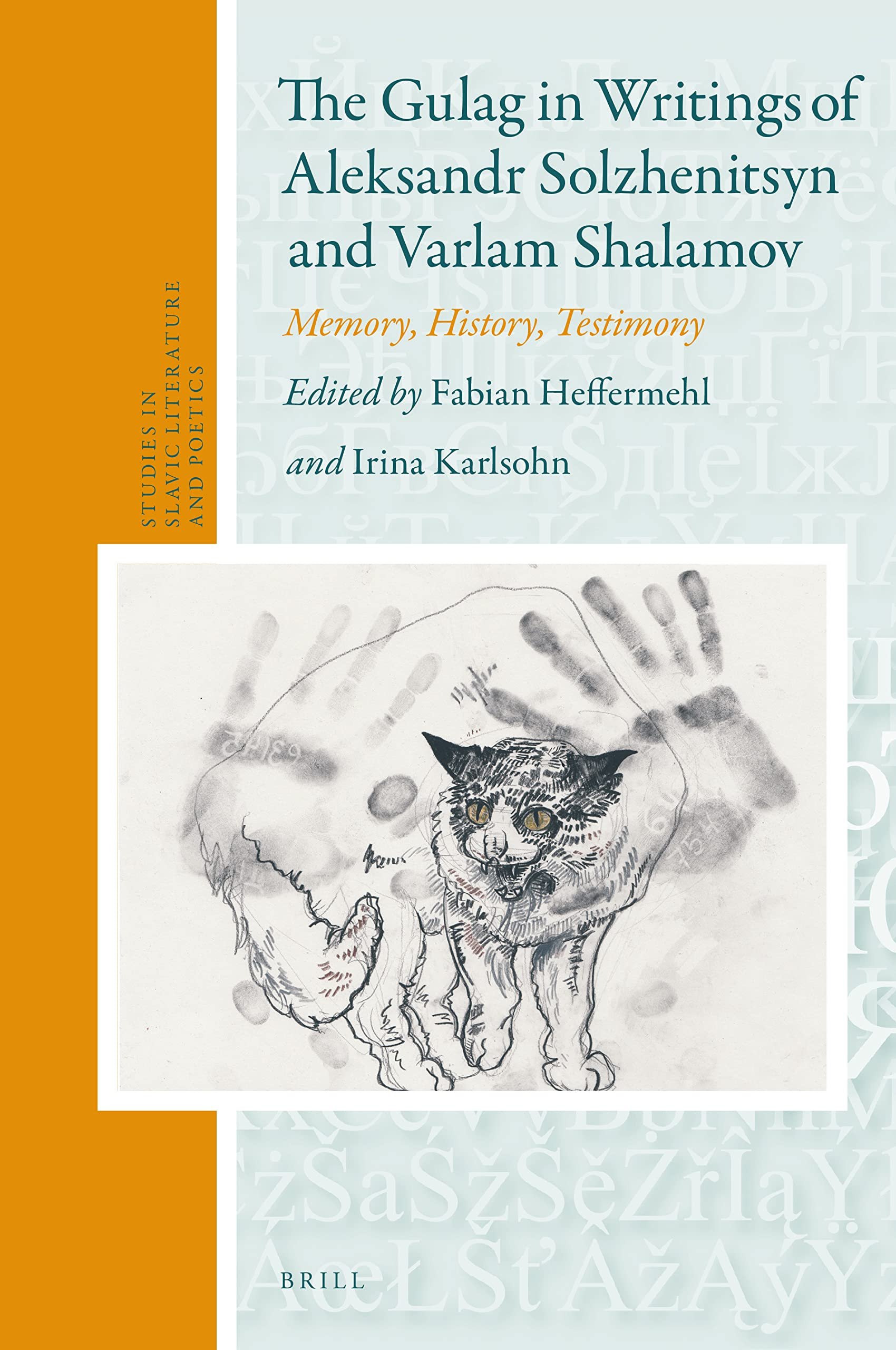Ivan Denisovich "in a nutshell"
/Solzhenitsyn biographer Joseph Pearce has posted a piece on One Day in the Life of Ivan Denisovich as part of his Great Literature in a Nutshell series.
“As the title suggests, the whole action of the novel takes place on one solitary day in the life of the protagonist. In this way, Solzhenitsyn takes the reader into the claustrophobically monotonous life of the prisoners, who follow the same routine day in, day out, with no seeming end in sight. We experience not merely the claustrophobic monotony but the chilling physical intensity of the experience.”






